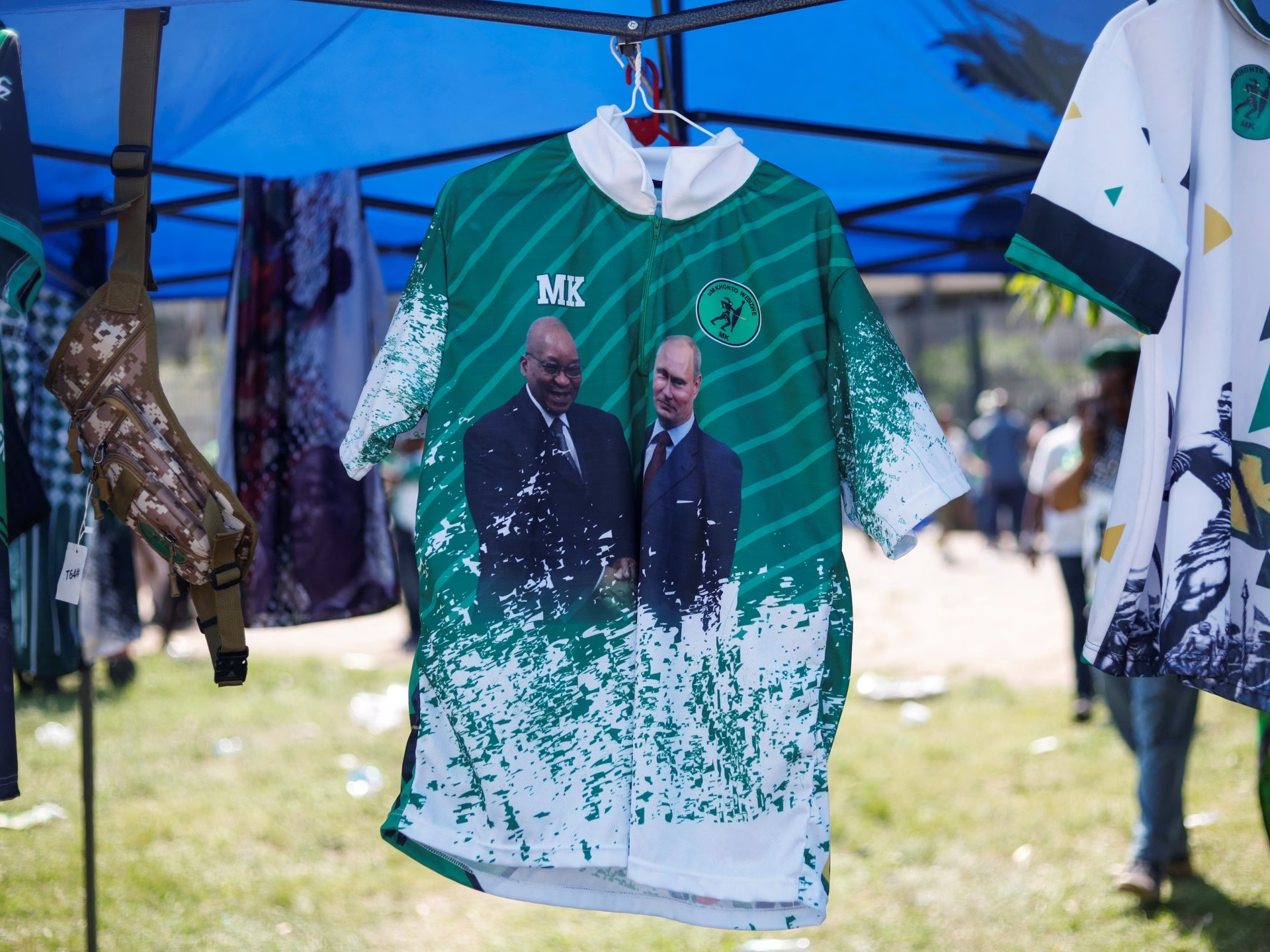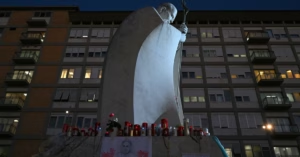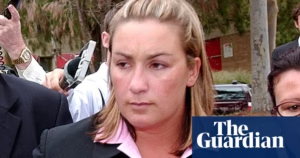In 1986, Sue Dobson, a young white woman from Pretoria, was enlisted by the African National Congress (ANC) to serve as an undercover operative within the South African apartheid regime.
As a part of her mission, she traveled to Moscow for specialized training.
“It was a very intense training course,” Dobson, now retired and living in England, recounted. “It covered how to spot a tail, skills like secret writing, photography, and strategies for being inconspicuous. There were several field exercises where I had to identify and track six to eight people following me, whether on foot or in vehicles like cars, trams, or trains.”
Despite a tight schedule, Dobson managed to spend several days in the then Leningrad, now known as St Petersburg.
“It was winter 1986, and everything was covered in snow,” she remembered. “It was absolutely beautiful.”
Upon returning to South Africa the following year, Dobson secured a job as a reporter in the apartheid regime’s Bureau of Information, which provided her access to high-ranking officials and confidential information. However, in 1989, her connection to the ANC was uncovered, leading to the exposure of her cover.
“The game was up, and I made my escape during the night … I had to make my way to Botswana, and the Soviet diplomats there helped me and put me on a plane to the UK,” said Dobson, whose memoir is titled “Burned: The Spy South Africa Never Caught.”
Dobson believes her lack of knowledge regarding the “nuances and subtleties” of the situation prevents her from commenting on Russia’s current full-scale invasion of Ukraine.
While Western powers have generally condemned Russia’s invasion of Ukraine, some African governments have expressed sympathy for Russia.
In 2022, at the UN, only half of African governments condemned Russia’s invasion of Ukraine.
According to experts, this sentiment can be traced back to Russia’s historical support for anti-imperialist causes.
Russia’s opposition to Western influence in Africa began in the 19th century, when while other European powers exploited and partitioned the continent during the Scramble for Africa, the Russian Empire sided with their fellow Orthodox Christians in Ethiopia in the 1895-96 Italo-Ethiopian war, providing weapons and support.
However, historians like Oleksandr Polianichev argue that Russia’s actual involvement in Africa has been overstated.
While Russia was not a major colonizer and did not engage in the Scramble for Africa, Russian support for Africa has been ongoing, both during the Cold War and in recent years.
During the Cold War, the Soviet Union provided aid to African countries fighting against Western-backed factions, although not always with success. The Soviets also formed an alliance with the Egyptian government under General Gamal Abdel Nasser, offering arms and infrastructure aid.
The Soviet Union’s support for anti-colonial movements had both ideological and practical motivations. It was a way for the Soviet Union to compete with the United States and Western Europe, proposing socialism as a better system. Additionally, the Soviet Union gained through trade agreements, receiving natural resources at below market prices from allied countries.
In pursuit of its outreach to African nations, the Soviets established Patrice Lumumba University in Moscow, named after the Congolese leader, from the 1960s onward, providing about 500 scholarships annually to African students.
Despite occasional reports of racism in the Soviet Union, including the case of a Ghanaian student, Edmund Assare-Addo, beaten to death, African students continued to study in the Soviet Union and Russian Federation due to the educational opportunities available.
The ANC has maintained an appreciation for the Soviet Union’s role in helping the organization come to power. While the ANC and the South African government have kept a neutral stance in the matter of Russia’s invasion of Ukraine, there are lingering sympathies due to many senior ANC members having trained or studied in the Soviet Union.
Pro-Russian sentiment is more evident at the grassroots level, with some African countries welcoming Russian support, despite concerns about human rights abuses by Russian mercenaries. Moscow’s anti-colonial narrative holds an appeal due to its opposition to the West.
“While Russia may not have been truly anti-imperialist in the past, its current opposition to the West is a strong draw for it. In a shifting political climate, Russia’s past actions and support for some African countries could be brought to light,” said historian Polianichev.
Source: https://www.aljazeera.com/news/2025/3/19/in-south-africa-russias-anti-colonial-narrative-sways-public-opinion?traffic_source=rss







